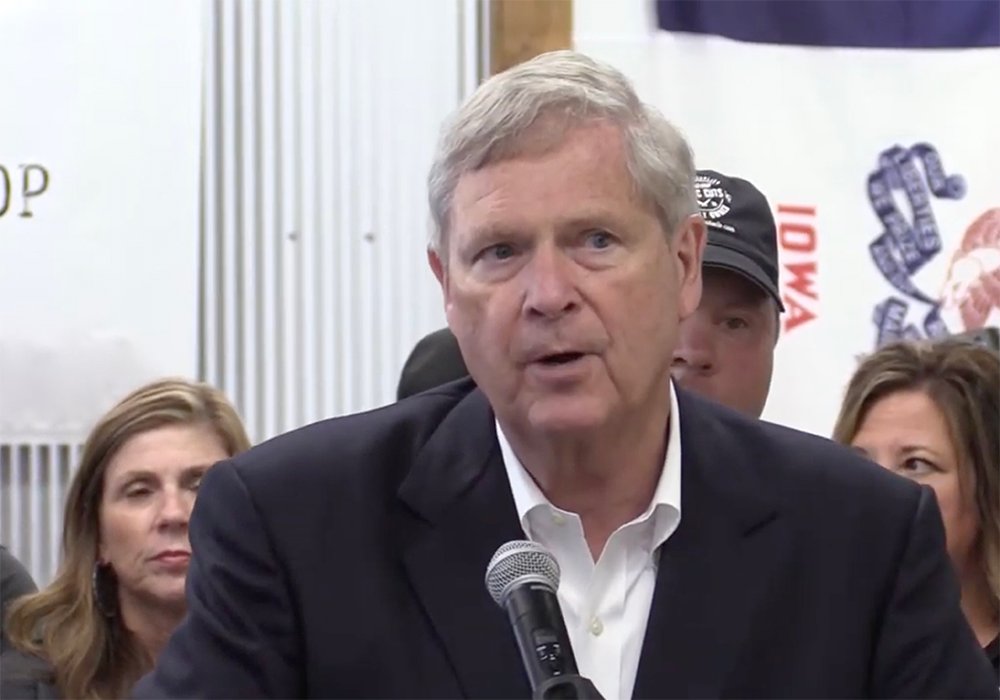U.S. eyes more packing capacity

CHICAGO, Ill. (Reuters) — The United States government plans to invest at least $500 million to expand beef, pork and poultry processing capacity, U.S. agriculture secretary Tom Vilsack said recently.
The money from a $1.9 trillion pandemic relief package approved in March will be awarded to meat processors in grants and loans to make the supply chain more resilient and increase competition in the sector, Vilsack said at a news conference in Council Bluffs, Iowa.
U.S. President Joe Biden signed a sweeping executive order that pushes the U.S. Department of Agriculture to crack down on “abusive practices of some meat processors” and promote more competition in the U.S. economy.
Cattle ranchers say there are too few processing companies that buy livestock, sometimes forcing farmers to accept the one and only bid they receive for animals.
Ranchers are now selling cattle for a loss even though meat companies make profits selling beef to consumers, Vilsack said.
“It seems to me in fairness profit ought to go both ways,” he added.
The meat-packing sector came under increased scrutiny after slaughterhouses closed temporarily during the start of the COVID-19 pandemic as workers fell sick.
When large meat plants close, meat supplies tighten while ranchers get stuck with cattle that would otherwise have been slaughtered. That means the price of cattle generally falls, while the price of meat in supermarkets rises.
A cyberattack against the North American arm of Brazilian meatpacker JBS that shut U.S. beef plants and the Brooks, Alta., facility last month highlighted concerns about concentration in the sector.
Biden’s order directs USDA to consider new rules to make it easier for farmers to bring and win legal claims against big processors.
The USDA said in June it would pursue three rules to strengthen enforcement of the Packers and Stockyards Act, passed 100 years ago to protect farmers from unfair trade practices.
The North American Meat Institute said on July 9 that Biden’s order will “open the floodgates for litigation.”
Source: producer.com

